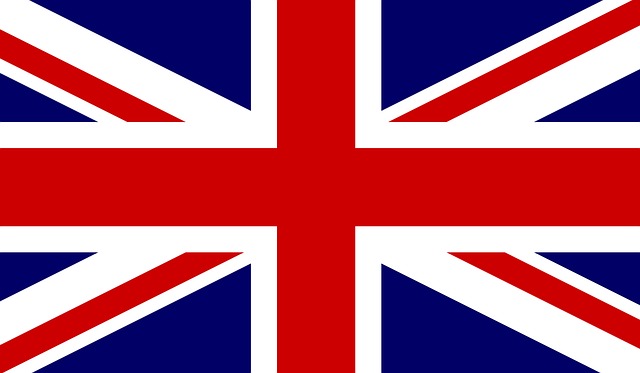Forum Categories › VAT ON PROPERTY TRANSACTIONS › Holiday homes VAT
- This topic is empty.
-
AuthorPosts
-
25 July 2018 at 15:03 #55462
Hughes
MemberHi,
Apologies if this question seems a bit simple, but I’m currently at the very early stages of applying for planning permission to build e a furnished holiday, and I’m unsure on whether to register for VAT now. What happens on first grant of the holiday home or alternatively i can let the holiday home for a few years and sell thereafter.
There are likely to be some high capital costs on the build (£300k+), but it’s highly plausible that the whole plan will fall at the first hurdle if planning is rejected. But, in the meantime, I need to pay a planning consultant that is VAT registered, design costs and architect fees. It’s possible other costs are going to be incurred too before the outcome of planning is known.
I think it’s likely that the business will trade in excess of the VAT registration threshold, certainly not in the first couple of years, but more likely once it’s established and fully let.
Do you think I should elect for VAT now? Would this let me claim the input vat back now? I know in the long run the output VAT will result in 20% less in profit, but In my head, it seems to make sense to do this now which would help reduce my capital cost by reclaiming the input vat.
Is there anything else that I should be considering VAT wise? e.g. would the building costs be zero-rated for a furnished holiday let that’s being let to tourists?
I may consider selling the holiday home though there are restrictions to live there throughout the year as a dwelling. Does it make any difference if im converting a non-residential building into a holiday home wrt to VAT?
Thanks for any help,
4 October 2018 at 23:10 #55837vatconsultant
MemberAccording to HMRC website, holiday accommodation includes, but is not restricted to, any house, flat, chalet, villa, beach hut, tent, caravan, or houseboat. Accommodation advertised or held out as suitable for holiday or leisure use is always treated as holiday accommodation. There may be a restriction under which occupation of the property throughout the year is not permitted, but this will not always be the case. Residential accommodation that happens to be situated at a holiday resort is not necessarily holiday accommodation. For details of how to treat off-season letting see paragraph 5.6.
Sale of the property:
If it is a new dwelling (,3 years) with no occupancy restrictions, the first sale or grant will be zero-rated for VAT purposes as it can qualify as a dwelling. If new and occupancy restriction then its standard rated and you must account for VAT on the initial charge, and on any periodic charges such as ground rents and service charges.if you sell it after 3 years of letting (no longer a new building building) then its sale is normally exempt from VAT.
Exempt sale means you cannot recover input VAT or HRMC has to clawback input tax claimed.Conversion works:
If you are converting a non-residential building (or refurbishes a residential property that has been empty for two or more years) for use as holiday accommodation, the work can qualify for the reduced rate of VAT at 5%. -
AuthorPosts
- You must be logged in to reply to this topic.
